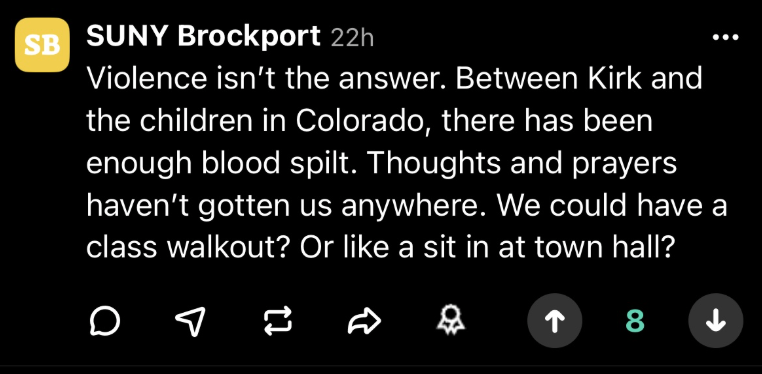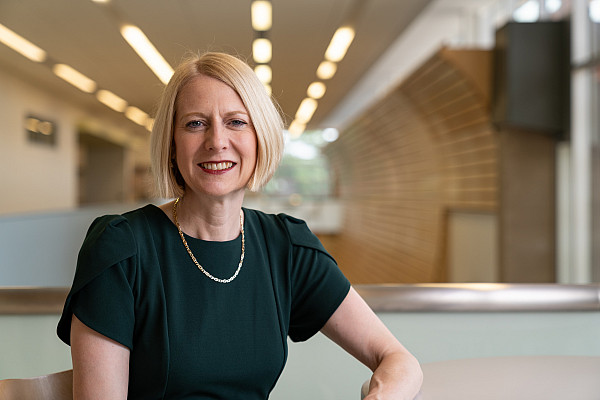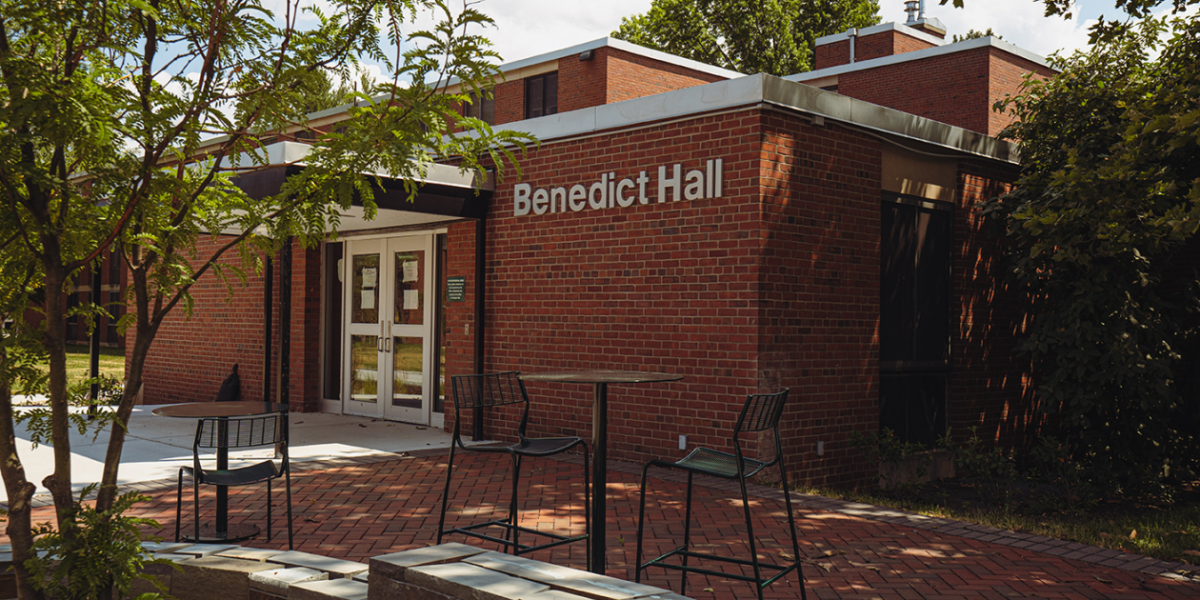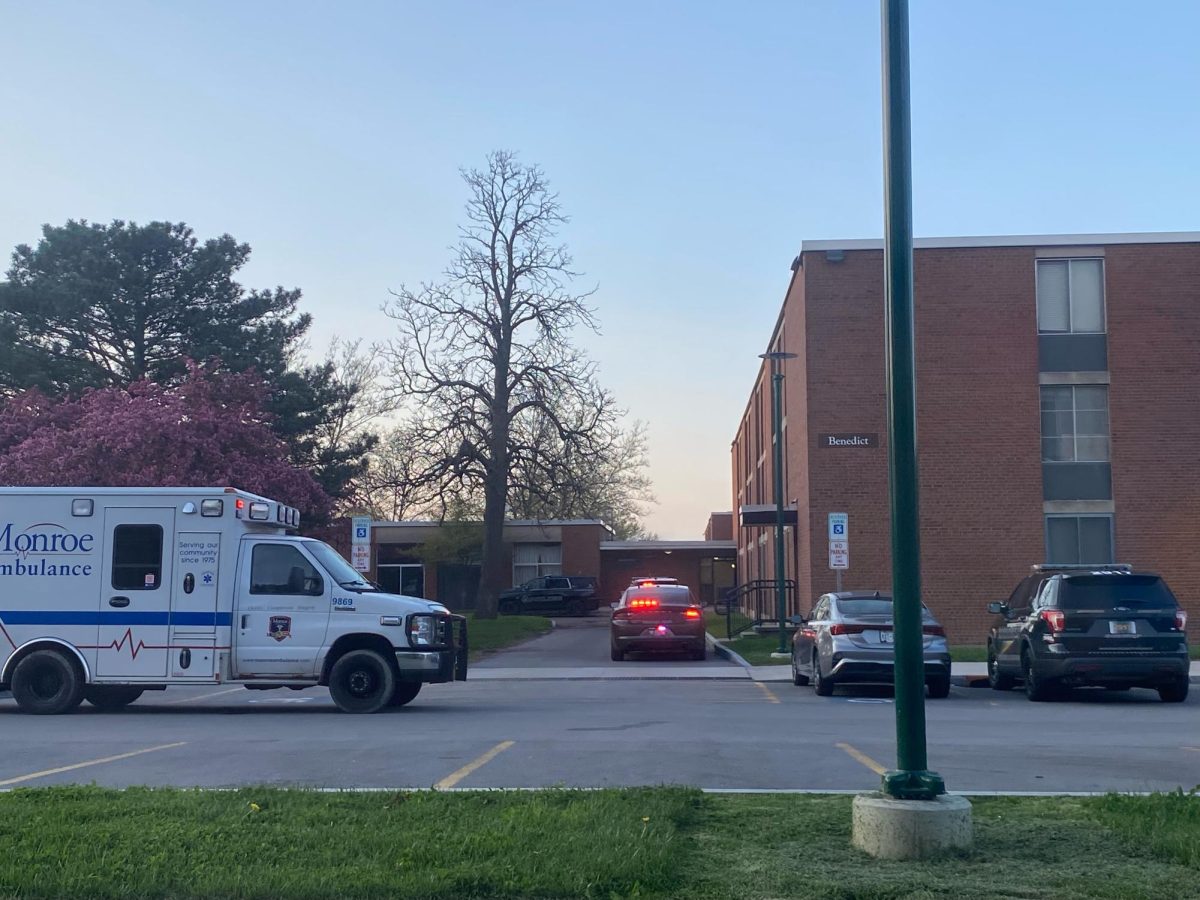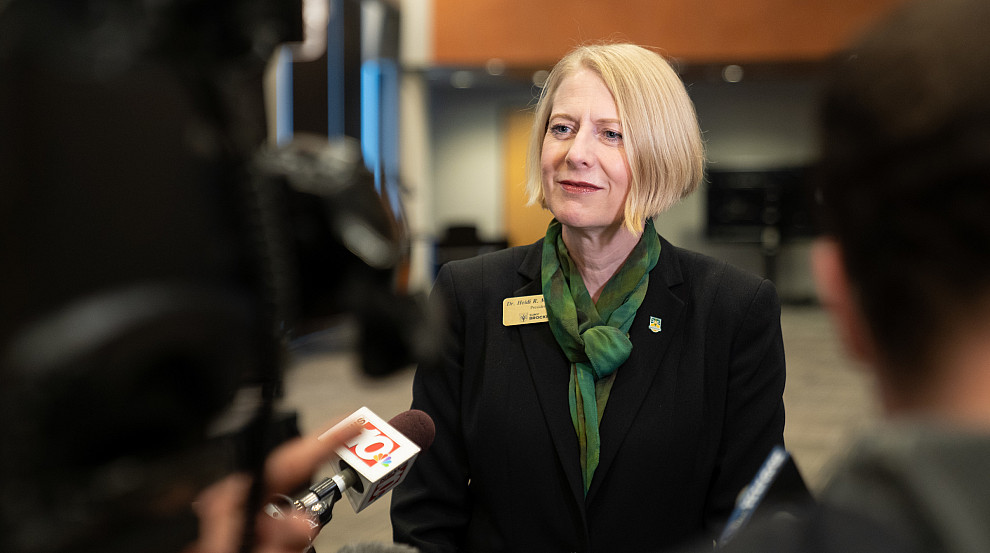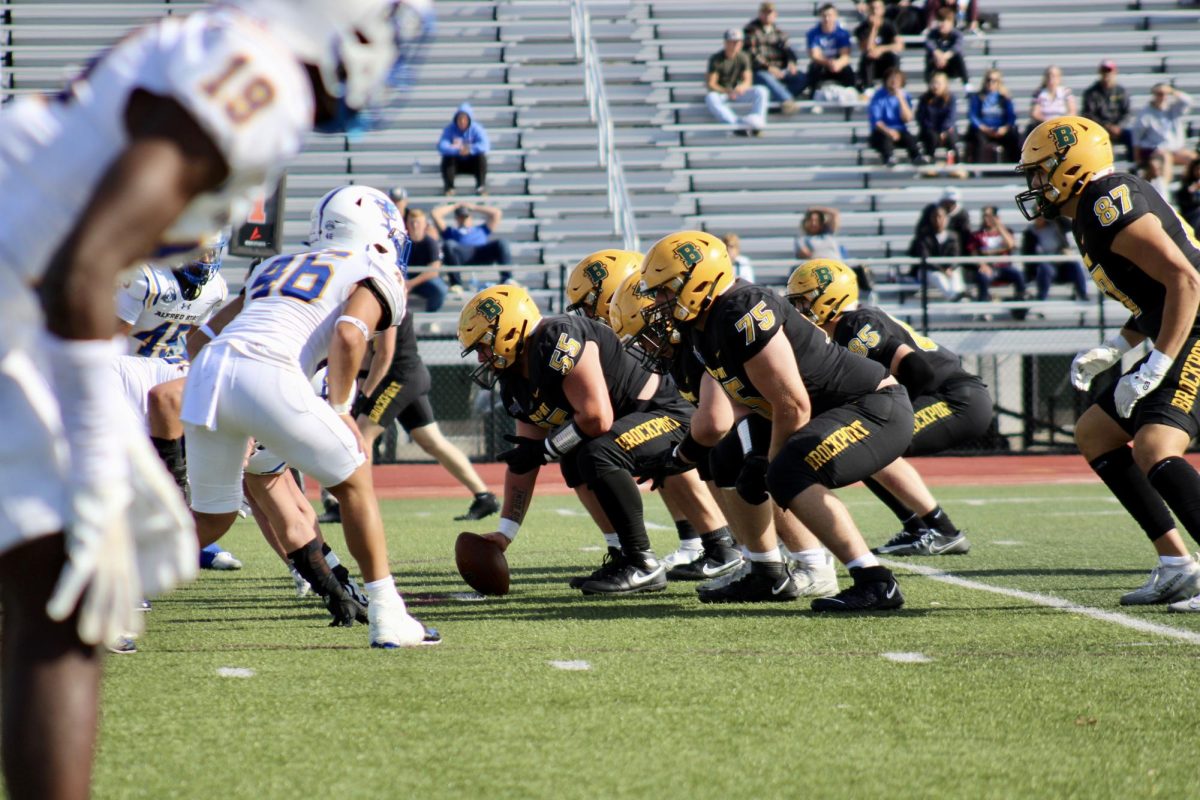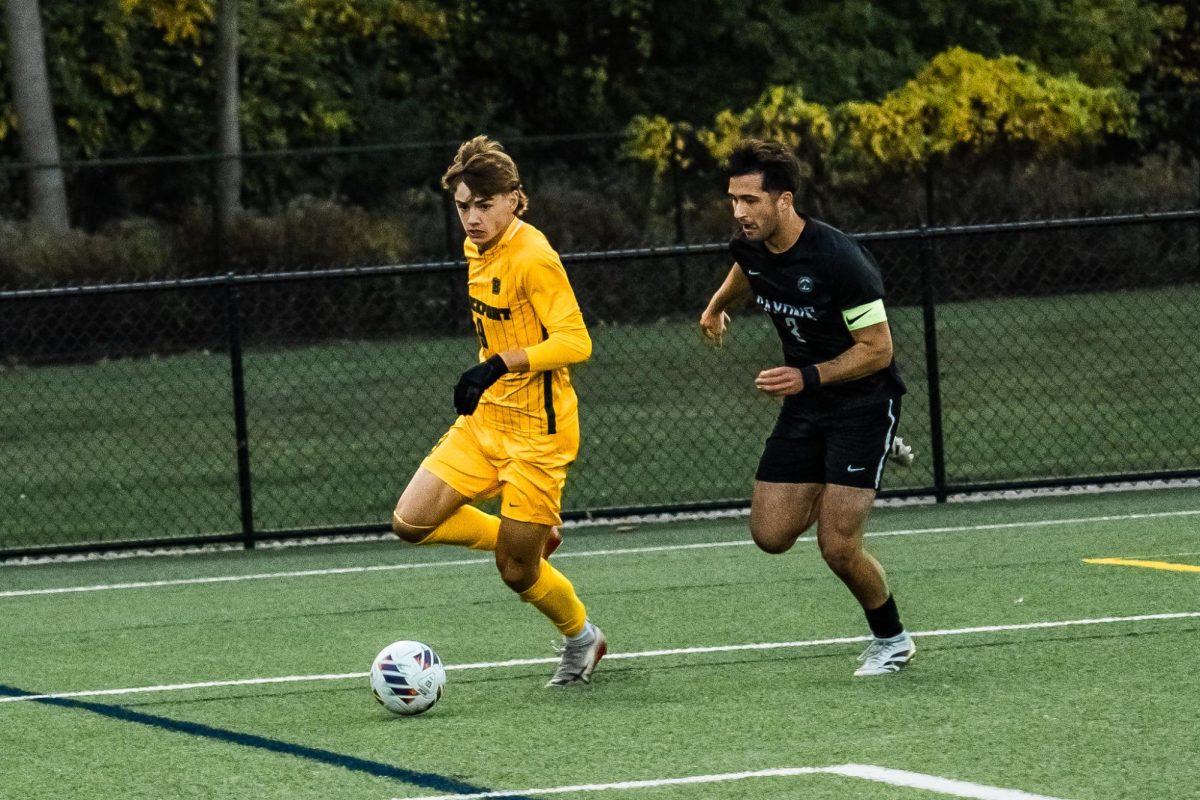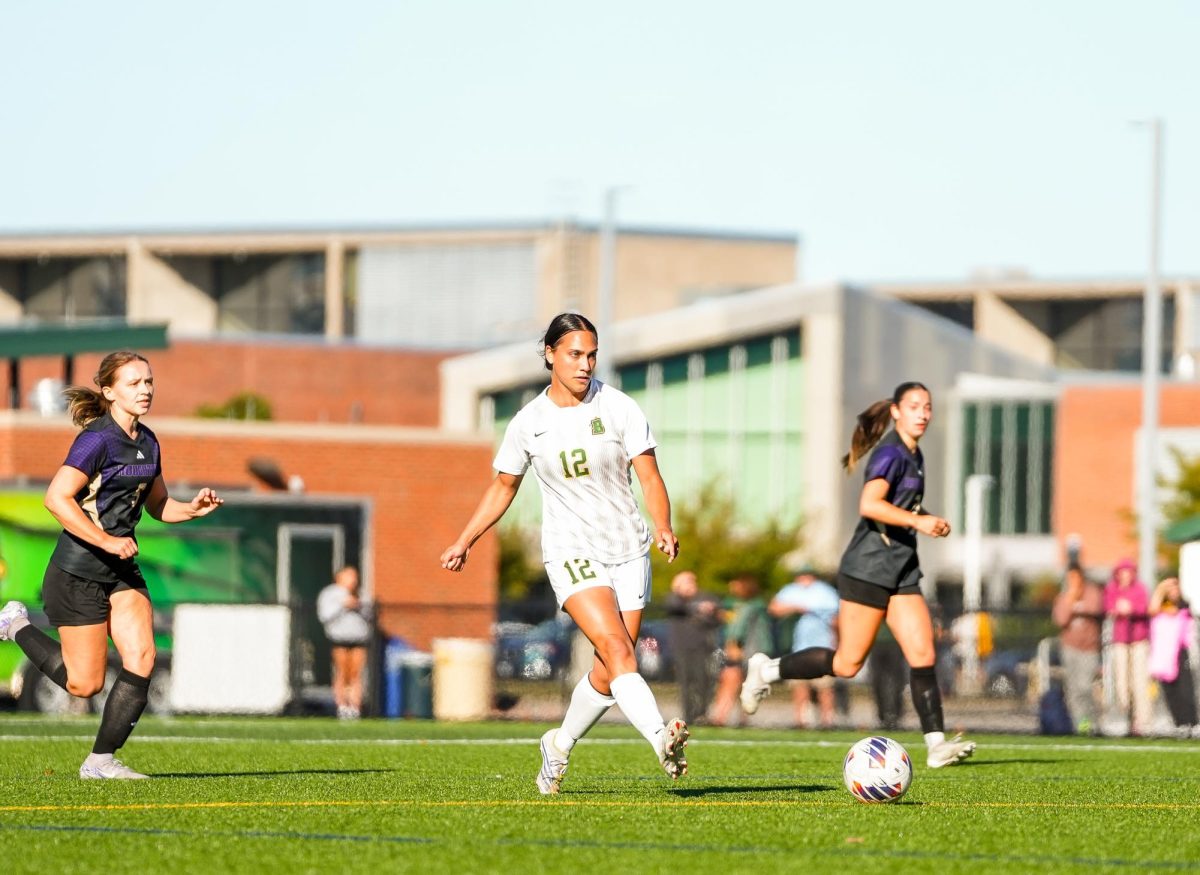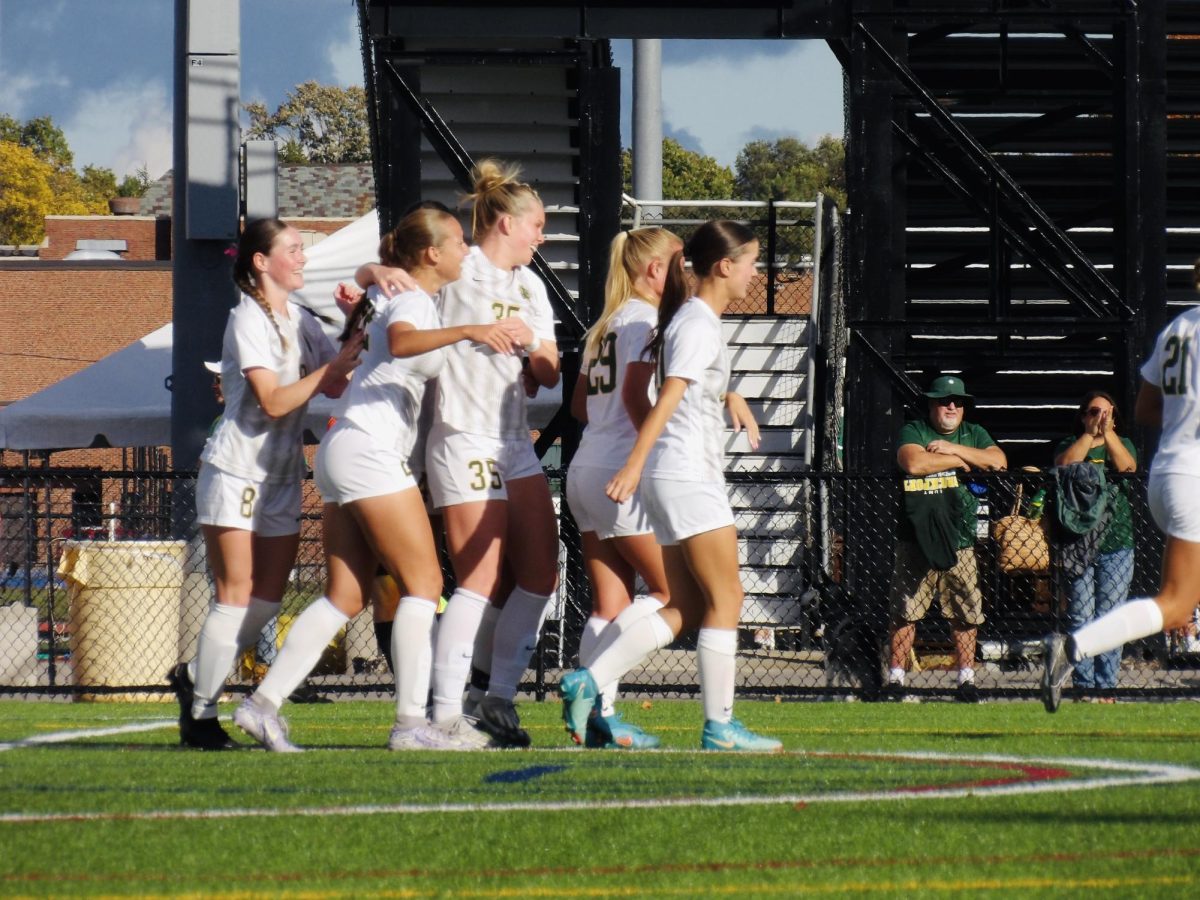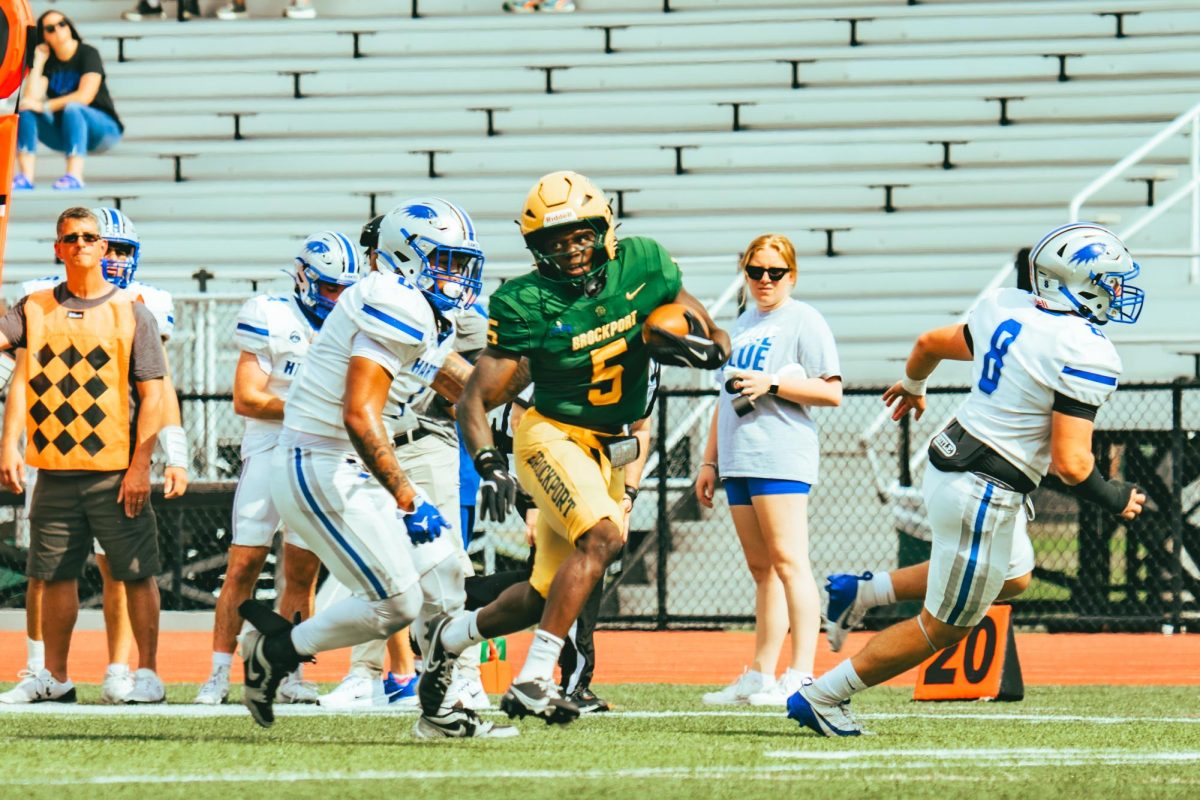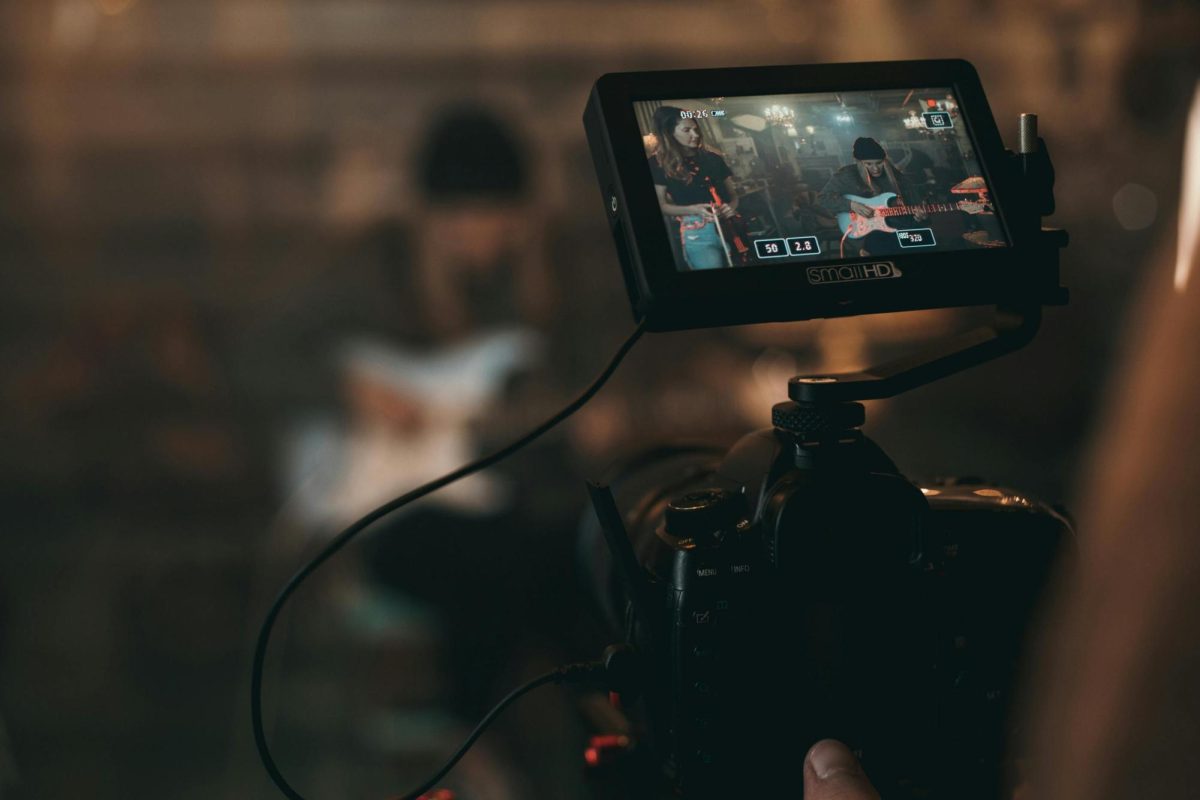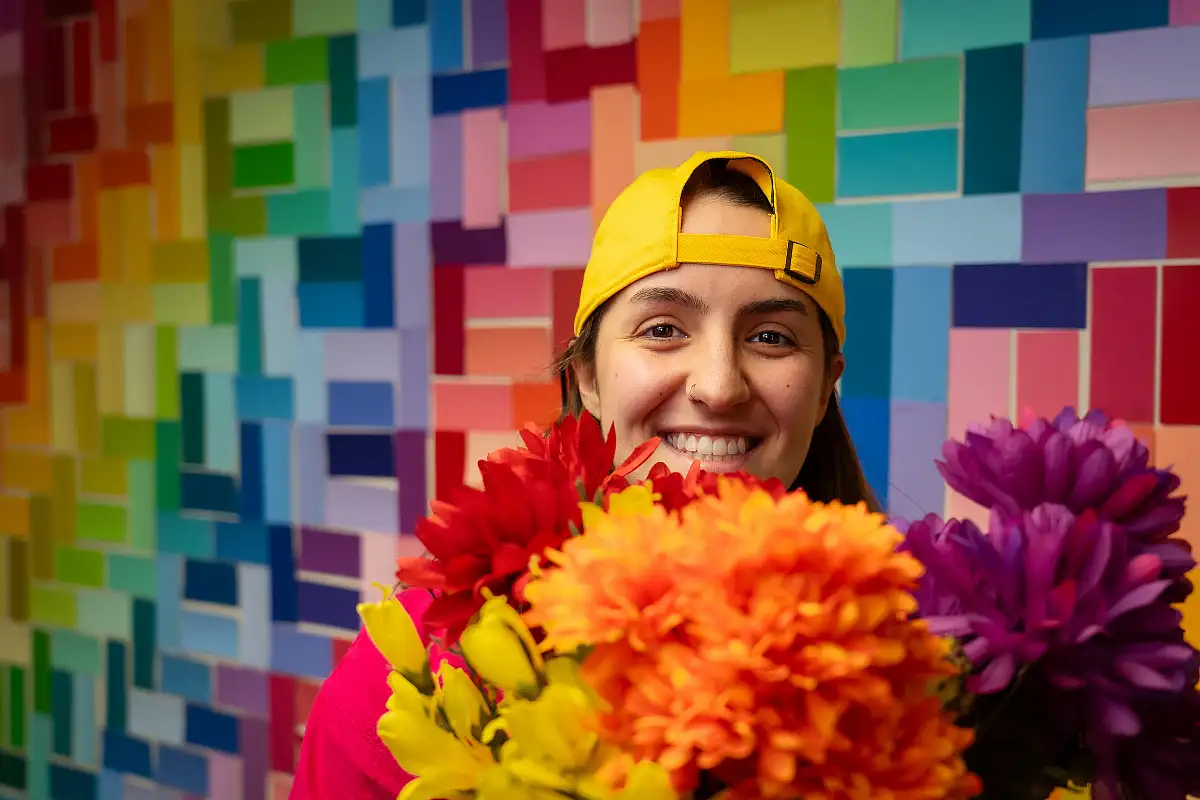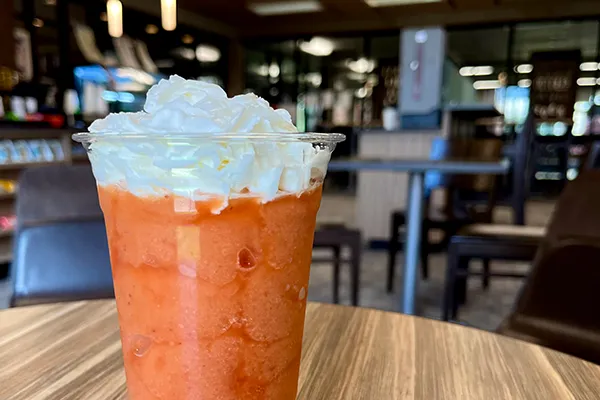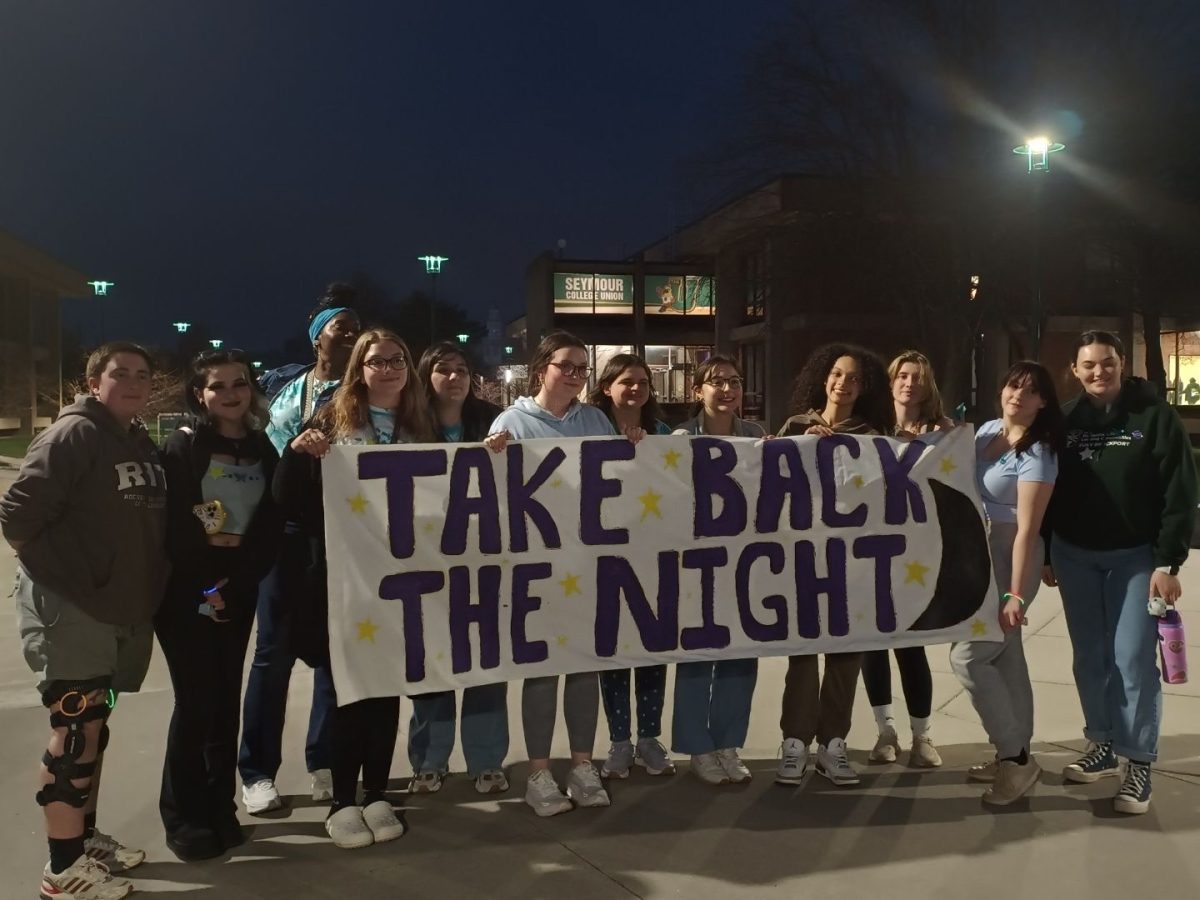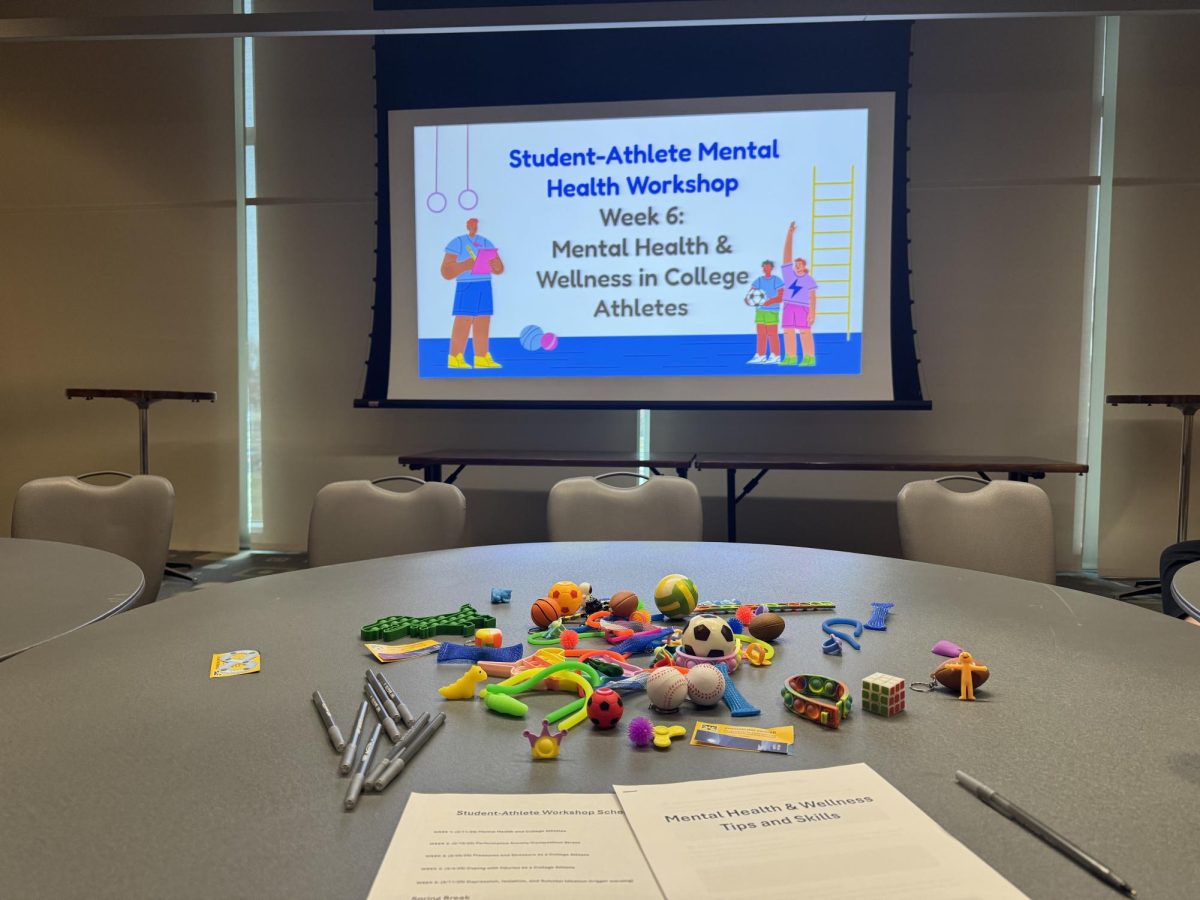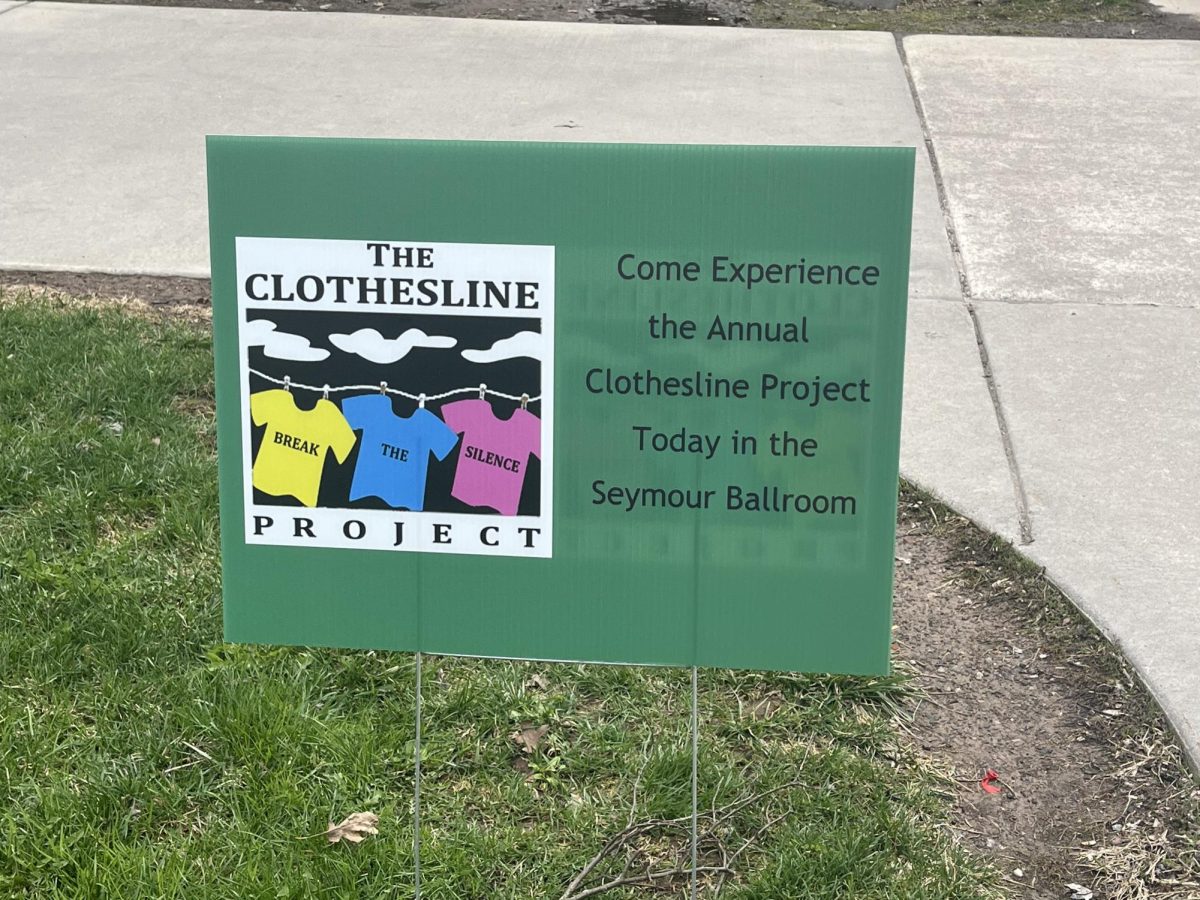Rest, Ice, Compress and Elevate (RICE). Athletes are told whenever they experience an injury to RICE, physical injuries, that is. However, when it comes to mental health, the invisible struggle is often overlooked.
According to USA Today, “33% of all college students experience significant symptoms of depression, anxiety or other mental health conditions. Among that group, 30% seek help. But of college athletes with mental health conditions, only 10% do.”
Mental health counselor Shannon Niles is working to combat these statistics. Niles started a “Student-Athlete Workshop” to help athletes sit down, talk and learn about different aspects of mental health.
Over this 10-week course, athletes will learn about performance anxiety, pressures, how to cope with injuries, isolation, substance use, eating disorders and more.
Senior dual sport athlete Kellie Gentile appreciates the opportunity and is glad that there are resources for herself and other athletes on campus.
“I personally haven’t been able to go just because the time conflicts with my practice schedule, but I think it’s extremely important,” Gentile said. “Mental health is a conversation that is always worth having and you never know who is struggling. I feel like these sessions will allow people to feel seen and maybe even feel better knowing they are not alone in what they may be going through.”
Niles keeps the groups small to allow for a more intimate and dynamic conversation. She said it’s important that athletes feel comfortable and encouraged to not only listen but share their experiences.
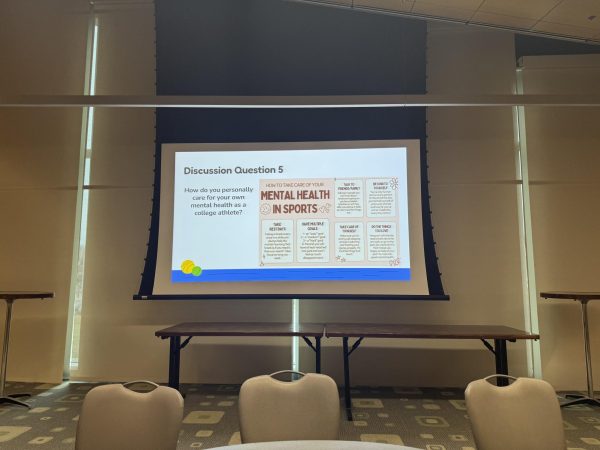
The goal of these workshops is to help athletes and correct the stigma of treating mental health struggles. Niles recognized that there is often shame and fear of disappointment associated with therapy.
“I do think at times it’s difficult for athletes to ask for help,” Gentile said. “We are taught at such a young age to ‘tough it out’ and to push through whatever we are struggling with. I hope that athletes, through these workshops, are able to heal the parts of themselves that people can’t see.”
It’s important to Niles that coaches and staff see their players as the “whole person.” They are not just people whose only job is to perform in practices and competitions. They have passions and other interests that make them more than athletes.
Junior women’s lacrosse player Amanda Evans agreed with Gentile that workouts like these are beneficial for athletes.
“Mental health struggles look different for everyone,” Evans said. “Healing those struggles especially looks different for everyone. Shannon [Niles] opening these workshops will hopefully give athletes the courage to just have a conversation. I have friends that have gone, and they have said such positive things. I’m going to try to go to one soon, so I can see for myself.”
These sessions are open to all student-athletes, both varsity and club members. Meetings are held in the Eagle Look Out room upstairs in the Tuttle North building every Tuesday from 3 p.m. to 4 p.m.

